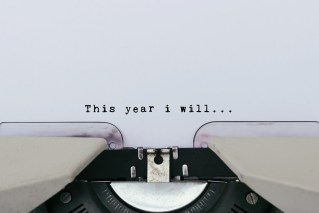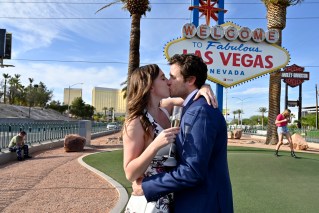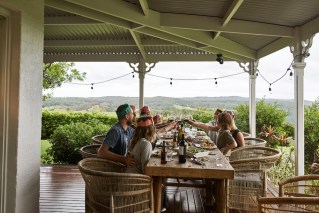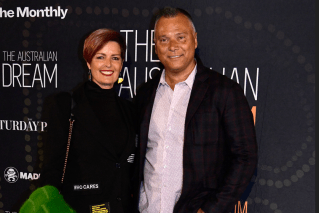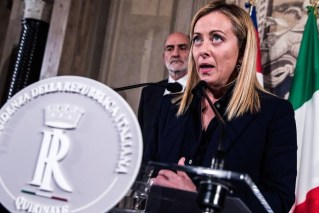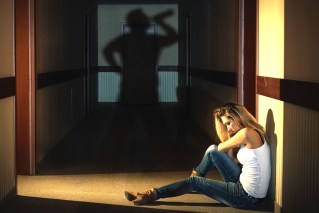Why mortgages and babies don’t make you an adult

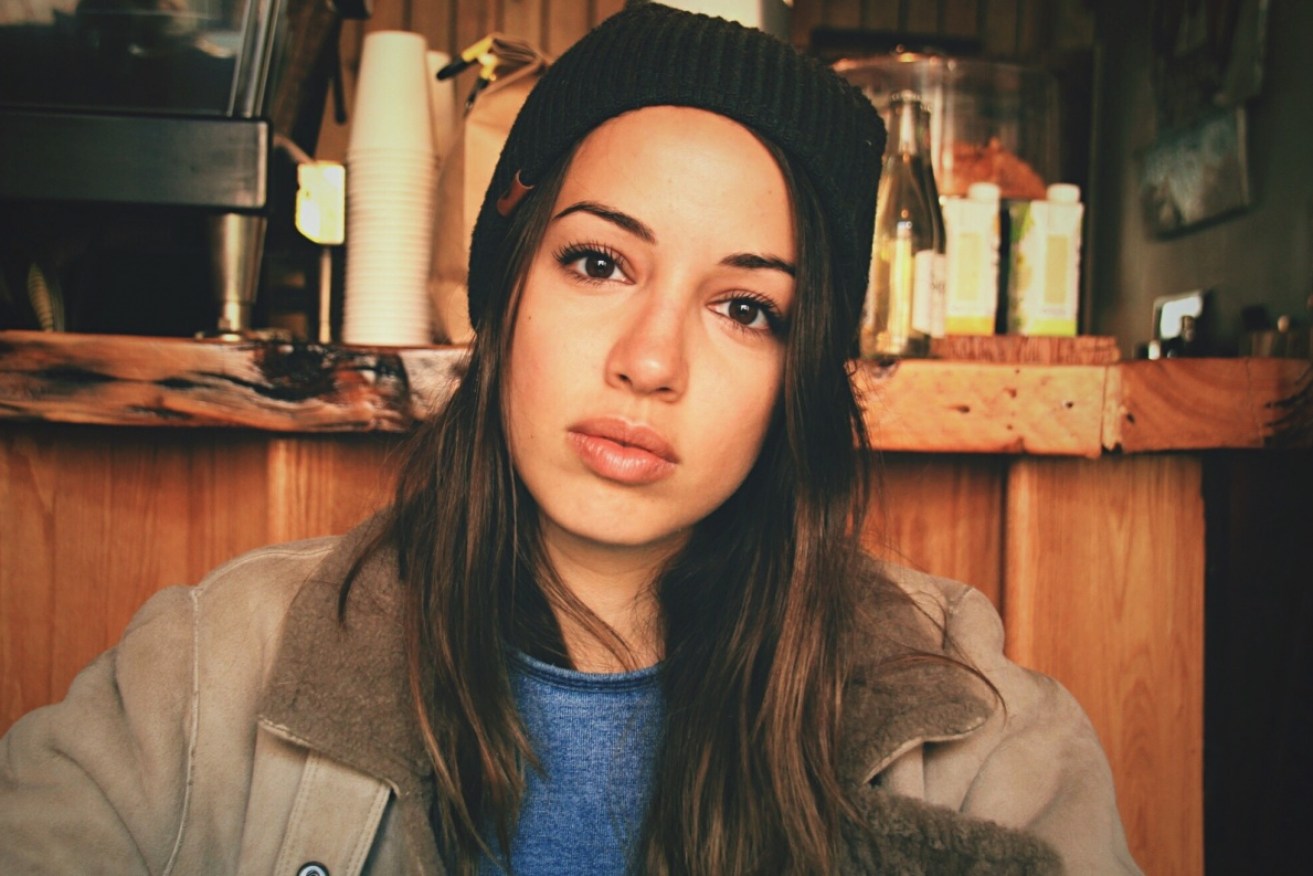
How can we measure maturity when many of the traditional markers are now redundant? Photo: Getty
As writer Briohny Doyle approached her 30th birthday she went “a bit nuts”.
She dropped three weeks’ pay renting a 1971 Dodge Challenger in anticipation of the big day, but got so preemptively drunk that she spent her 30th in a motel, watching The Big Bang Theory re-runs and popping generic-brand Valium.
She had decided turning 30 was “wedding age”, but despite being in a committed relationship she realised she didn’t necessarily want the ring on the finger.
Her anxiety in the face of turning 30 and her conflicted views on what adulthood and maturity mean prompted some serious soul-searching.
The result is her book Adult Fantasy: Searching for Maturity in an age of Mortgages, Marriages, and other Adult Milestones (out May 29), which looks at what it means to be a fully fledged adult when the old-fashioned markers — marriage, babies, steady career progression – seem both out of date and out of reach.
“I was trying to conceptualise young adult lives that may not match the traditional notions of maturity these days,” Doyle, 34, says.
“In a way we may have reached a sort of flashpoint in that very few people will be surprised if the younger generations are worse off than their parents’.
“There is the mass casualisation of the workforce, the degrading of the environment, deregulated universities, the out-of-control property prices.
“We’re told that if we do X and Y it will result in Z, but that is not always the case.”
Doyle’s own life is a case in point.
While writing the book, she worked as a casual academic and greengrocer on the weekend to meet the rent. Her long-term partner, Serge, finally found a well-paying (and highly stressful) job, but was retrenched.
In the end Doyle made choices that bucked the traditional progression of an adult life. She has moved into a share house, and loves teaching, but still needs to work at the greengrocer to keep afloat. She and Serge are still together, but now live separately.

Author Briohny Doyle.
“We probably won’t do it forever, but it works for us now,” she says.
“And our relationship will be different at different stages of our life. It’s not about meeting someone, falling in love and getting married.
“I think you need to resist comparing yourself to other people’s stories.”
According to Doyle, it makes sense, too, for millennials to start thinking about adulthood as something bigger than what they do for a living.
“The mass casualisation of the workforce and the insecure nature of employment affects our sense of self,” she says.
“Because what happens when you are made redundant and you attach that much self worth to what you do?”
Doyle concludes that part of the answer is to ‘change life itself’, a term she borrowed from French writer Simone de Beauvoir.
“It’s based on her [de Beauvoir’s] notion that people’s identities are bound up with their economic role and as people age they are seen to have outlived a certain usefulness in society,” Doyle says.
“But changing life itself may mean becoming more engaged with life and asking yourself what gives your life meaning?
“What is it that you think about a lot? What is your life beyond these contingent things?”


